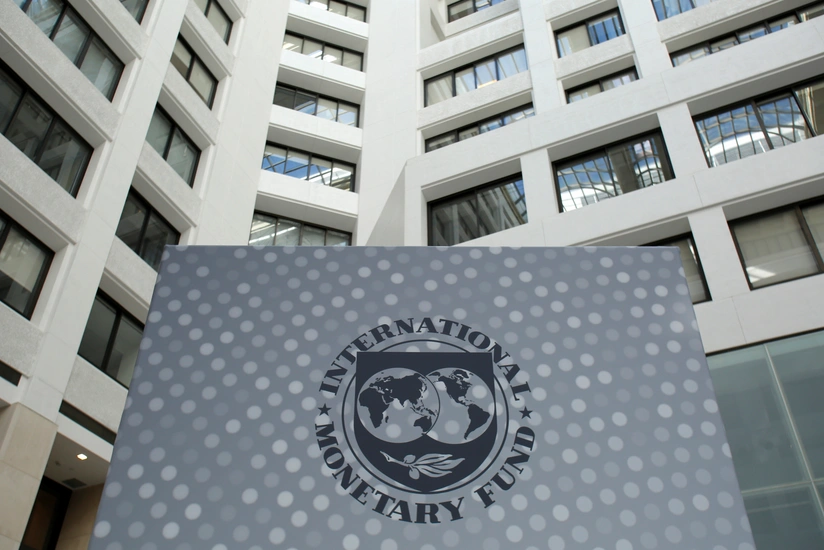IMF revises forecast for global economy development
- 30 March, 2021
- 16:07

The International Monetary Fund (IMF) has decided to revise upward the forecast for the global economy development for 2021 and 2022, thanks to vaccinations, as well as high rates of recovery in the US and China, said Kristalina Georgieva, managing director of the IMF, speaking at a video conference organized by the US Council on Foreign Relations, Report informs.
“In January, we forecast the global economy to grow 5.5 percent in 2021. We now expect further acceleration: partly due to additional support, including a new financial package in the US, and partly due to the expected [economic] recovery based on vaccination in many developed countries later this year. This allows us to revise upward our forecast for this year and for 2022, as you will see next week in the report on the global economy outlook,” she said, adding that the economy is now “on a more solid footing.”
She didn’t elaborate on the specific assessments of the specialists.
The head of the IMF also explained that the main drivers of growth in the world economy are China and the US.
Emergency measures
At the same time, Georgieva added that the authorities of countries around the world have allocated a total of about $16 trillion to combat the consequences of the spread of COVID since the beginning of the pandemic.
“Governments have taken exceptional measures, including financial ones, worth about $16 trillion and massive liquidity injections by central banks. Without these coordinated measures, last year’s global economic downturn would have been at least three times worse,” the IMF chief said.
She noted that the global economy managed to avoid a crisis of the scale of the Great Depression (1929-1939) “not only due to the adoption of emergency measures, but also due to the joint work of countries over the past decade, aimed at increasing the resilience of banking systems.”
In addition, the IMF “took unprecedented measures” and since the start of the pandemic “has provided more than $107 billion in funding to 85 countries, as well as debt relief to 29 of its poorest member countries,” Georgieva said.
She also reminded that in order to accelerate the build-up of reserves and help the global economic recovery after COVID, the IMF is considering a new allocation of special drawing rights for $650 billion. The provision of additional liquidity to the world economy will be carried out by replenishing the reserve assets of 190 member states of the fund.
“This will benefit all our members, but especially the most vulnerable ones,” Georgieva stressed.
